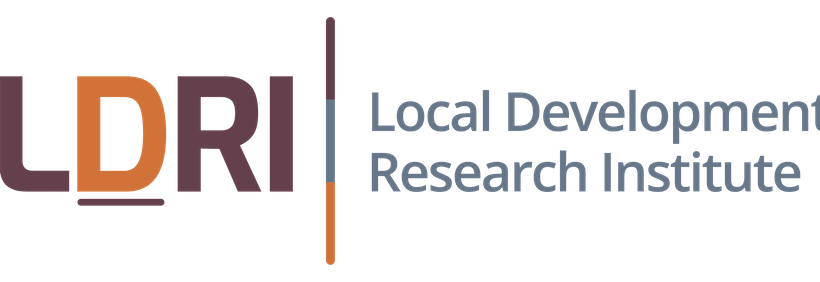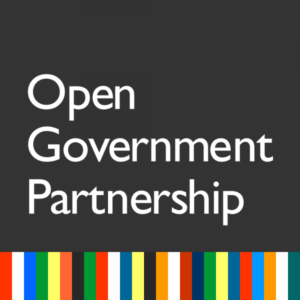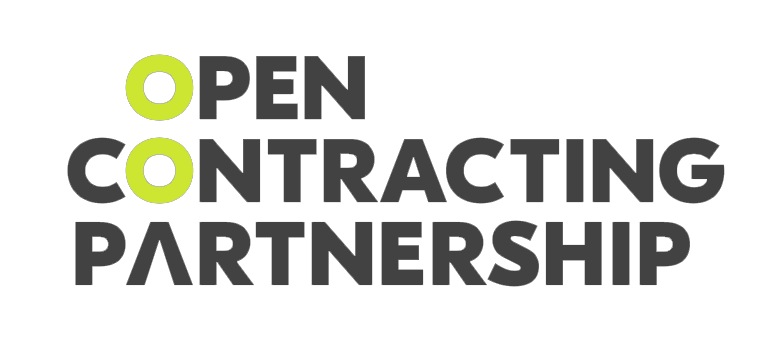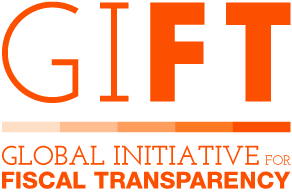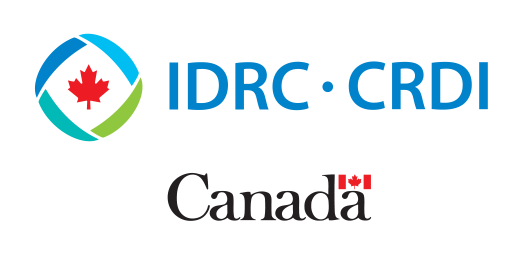The Global Data Barometer was inspired by its predecessor, The Open Data Barometer. While the Open Data Barometer focused on improving the availability and impact of open dataset, the Global Data Barometer recognises a more complex landscape—one where policy must combine good governance of data with ongoing efforts to promote data re-usability, and to secure the benefits that open public data infrastructures can bring.
One of our goals is to provide policymakers, advocates, academics, journalists and people in the private sector with tools to navigate the data landscape through the three pillars or areas our study covers:
● governing data for the public good
● equipping a country to use data for the public good
● providing data for the public good
Our working definition of public good directly references these pillars, recognising that public good itself should be understood as a dynamic and democratic concept.
Data is a source of power. It can be exploited for private gain, and used to limit freedom, or it can be deployed and governed for the public good: a resource for tackling health, social and environmental challenges, enabling collaboration, driving innovation and improving accountability.
What constitutes the public good can ultimately be determined through open public debate. Different ‘publics’ may have different priorities at different times.
Ensuring that data is a resource for the public good involves a variety of interventions, depending both on the data in question, and the wider context.
We draw on established global principles, and in particular on the Sustainable Development Goals, the international human rights framework to give context to the idea of the public good used within the Global Data Barometer.


